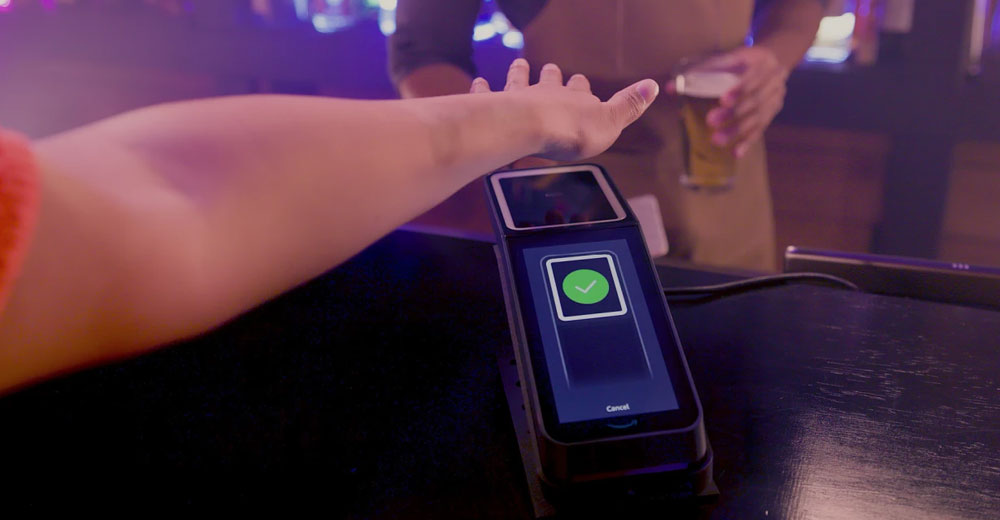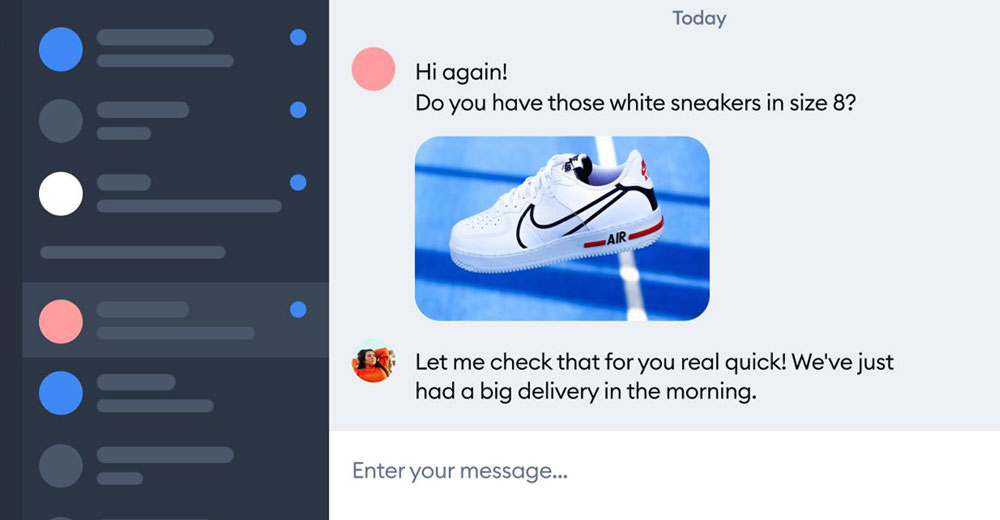Amazon is attempting to add to the growing base of fans of vinyl records with a new subscription service.
Called Vinyl of the Month Club, the service, available for U.S. customers only, costs $24.99 a month and sends subscribers during each billing period a classic album from the 1960s and ’70s — the golden age of vinyl — by artists such as Pink Floyd, Aretha Franklin and ABBA.
“The Vinyl of the Month Club will help new fans start to build a collection of some of the greatest LPs ever,” Amazon Music spokesman David Marek told the E-Commerce Times.
Each month’s offerings are chosen by Amazon’s music experts. Unlike record clubs of the past, Vinyl of the Month Club subscribers have a number of flexible options. They can skip a month, return an unwanted album to Amazon for free, or cancel their subscription at any time without penalty.
“I sold a ton of my vinyl from that era 15 or 20 years ago, so I have a lot of holes in my collection,” said Barry Gilbert, a vinyl collector in Chicago.
“For 25 bucks, it seemed worth trying,” he told the E-Commerce Times. “So I signed up, got an email thanking me for my ‘order’ of the first LP.”
“It was The Clash/London Calling, which I picked up on a reissue last year so I skipped the month,” he continued. “I’ll try again next month.”
Mixed Notices
Early reviews of the service have been mixed, with it garnering 3.5 stars out of a possible 5.
“The only way this makes any sense is if subscribers are notified what title is shipping that month,” wrote Mark A. Hammons in his review of the service.
Although he didn’t receive a notification of what album was being shipped, he explained that he did receive one inviting him to download Pink Floyd’s “The Wall.”
“I deduced that was the first title I was going to be sent, so I went and selected ‘skip’ in the subscription options,” he noted.
“I already have the current reissue of ‘The Wall’ as well as a mint original pressing, so the last thing I need is another copy,” he continued. “I guess skip didn’t work, because I just got a shipment notification for ‘The Wall’ on vinyl.”
D. Michael Elkins, another reviewer, liked the new service. “‘London Calling’ by The Clash was just received, and I was pleased to see that it is a 180g pressing from the EU that sells on Amazon at about twice the cost of this month’s subscription,” he wrote.
“In the old days you would have received 12 albums of your choice for $1 when you first joined a subscription club, but I’m happy thus far,” he added.
Echo of Record Clubs Past
Like vinyl records themselves, Amazon’s club is a sort of throwback to the record clubs baby boomers grew up with, observed Josh Lowitz, co-founder of Consumer Intelligence Research Partners, an equity securities research company in Chicago.
“Like the old record clubs, the Amazon curators send a surprise record each month, but unlike the old record clubs, customers now have the option to stream the music before deciding whether to open the record or return it,” he told the E-Commerce Times.
A record club for vinyl enthusiasts seems like a small market for a company the size of Amazon, but it might have bigger things in mind.
“The market size for all vinyl is around half a billion dollars annually and growing. Buyers are mostly middle-aged men with interest in older titles,” explained Rob Enderle, president and principal analyst of the Enderle Group, an advisory services firm in Bend, Ore.
“But regardless of the market size, this is a way to engage this demographic and, once engaged, you can sell them other things,” he told the E-Commerce Times.
“The demographics suggest the sweet spot for these buyers are men between the ages of 25 and 45,” he continued, “which tends to be a lucrative demographic for a lot of categories, again suggesting this is potentially a gateway service for other purchases.”
Vinyl Speculators
The business model of the club — a sort of grab bag approach to music — also seems aimed at attracting a subset of the existing market: the most adventuresome of vinyl buyers.
“I’m not sure I’d want any album, but this is a service that will evolve, and Amazon has the time and money to fine-tune it,” Enderle said.
He noted that much of the interest in vinyl now is driven by nostalgia, although that wasn’t always the case. “Back in 2016, around 50 percent of the vinyl buyers didn’t own turntables,” he said. “They were speculative buyers and collectors.”
“It is surprising to see how popular vinyl is with the ‘hip’ set,” observed Josh Crandall, CEO and co-founder of NetPop Research, a market research and strategy consulting firm in San Francisco.
“Not only do audiophiles think the sound is ‘warmer’, they enjoy the simplicity of analog stereos,” he told the E-Commerce Times. “Things just seem to work when the needle touches the platter.”
Vinyl, though, also has its critics. “The vinyl fetish is a bunch of bullshit,” maintained Dan Kennedy, a professor of journalism at Northeastern University and former editor at the Boston Phoenix, a defunct arts and entertainment weekly.
“Nothing sounds better than a well-produced CD,” he told the E-Commerce Times. “It’s CDs that I miss. I’ve willingly traded quality for convenience by subscribing to Spotify, but it’s not the same.”
Hot Sales
According to the latest annual report by the RIAA, the trade association for the recording industry in the United States, 2020 was the first time since 1986 that revenues from vinyl exceeded those of CDs.
Although revenues from physical products were flat at US$1.1 billion, vinyl year-over-year sales grew 28.7 percent to $626 million. Still, that’s only 5.2 percent of total revenues for the industry.
Revenues from CDs dropped 23 percent to $483 million.
Vinyl is also proving to be popular across the pond in the UK. BPI, the British music industry’s trade association, in its 2020 annual report revealed that 18 percent of all albums sold in the country were on vinyl, with sales at their highest levels since the early 1990s.
BPI also reported a rise in cassette tape sales.
“It’s remarkable that LP and audio tape sales should have risen at all given the challenges we’ve all faced,” BPI Chief Executive Geoff Taylor said in a statement.
“The surge in sales despite retail closures demonstrates the timeless appeal of collectable physical formats alongside the seamless connectivity of streaming,” he added.














































